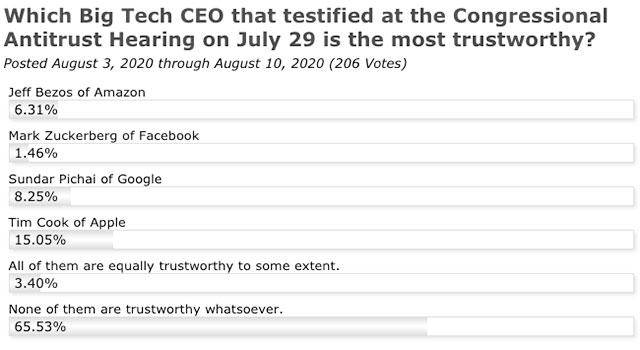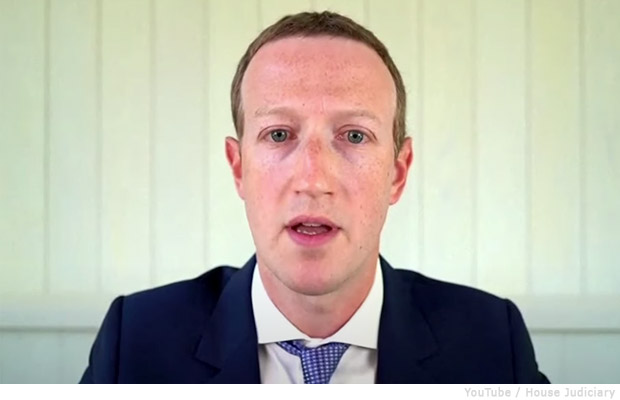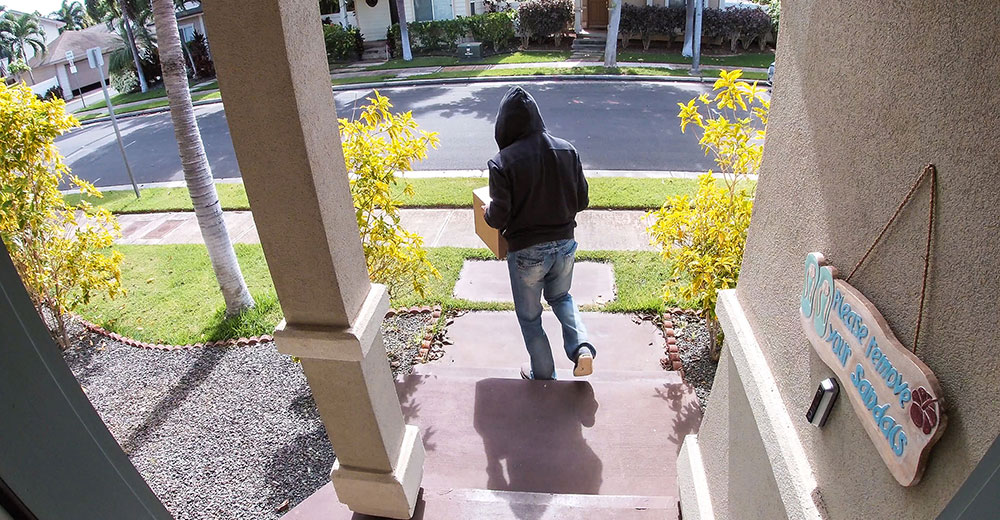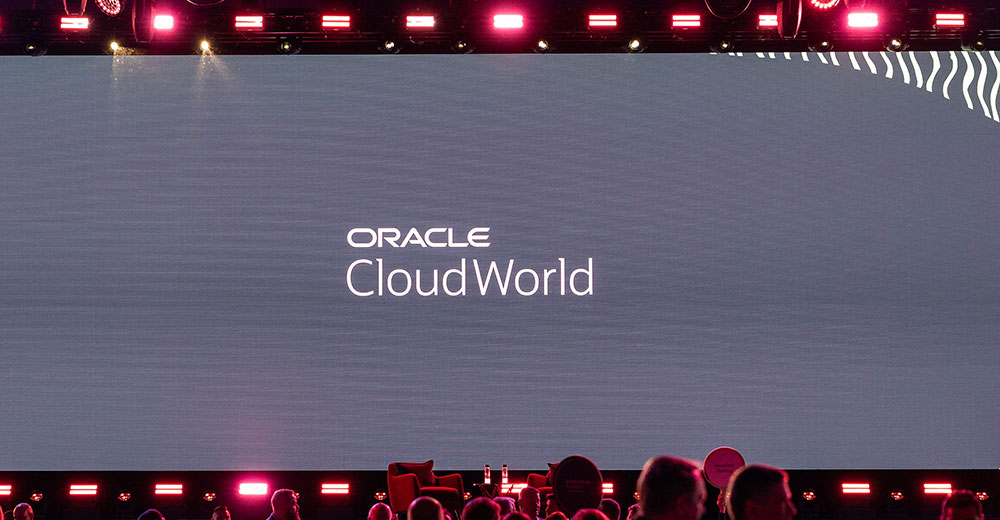2020 began a decade that I think will be defined by irony. I’ll skip over the prominent political examples and jump right into social media and drill down to focus on Facebook.
Last week we ran a survey asking people which of the CEOs who were questioned by Congress last month is the most trustworthy. Facebook’s Mark Zuckerberg took the dubious prize for last place. Tim Cook of Apple was voted the most trustworthy of the four CEOs.

These results reveal overwhelmingly that issues of trust exist for these big tech company leaders across the board. With that said, I think this survey and Zuckerberg’s image showcase an incredible level of incompetence, particularly given that Facebook appears to be tied so deeply to the amount of fake news that is currently surrounding the COVID-19 outbreak — and I believe it will eventually lead to the mother of all class-action lawsuits against the company.
If you think about it, you have a CEO of a company that is structured to mine user information and manipulate opinion and a firm that still mostly sells hardware. There shouldn’t be any competition; Facebook has the tools and information access to ensure it is beloved. Yet Apple, which doesn’t have anywhere near that level of reach or engagement, has a far better image.
Let’s talk about ironic incompetence this week, and we’ll close with my product of the week: a stand-alone Microsoft Teams appliance that belatedly makes the video phone real (sort of).
The Potential Power of Facebook
For those that participate on Facebook, the company has data on you that is unprecedented. It knows when you were born, where you like to vacation, where you work, your title, your close friends (at least those on Facebook), what makes you mad, and what makes you happy. Facebook knows much of what you buy and who you are likely to vote for, and it likely knows who you voted for in past elections.
With the level of information Facebook collects on you, it could manipulate you, emulate you, and either do you great harm or potentially help you out a great deal. Harm could include aggregating comments you’ve made over time to make you appear sexist or racist. Doing you well could include making you visible in a positive way to those that have some control over your career or might be convinced to give you a job offer.
There is also little doubt Facebook has the capability to change the outcome of an election or change the impression of a sitting politician.
It can also help keep you safe by pointing out false information that puts you at risk, or it can (as Facebook did in my case) spread information that could put your life at risk.
With that kind of massive power, the person running the company needs to be trustworthy because, if he or she isn’t, we are not only in a world of hurt individually but likely in a world of hurt as a nation. I believe that by the end of the year, it is very likely that we’ll conclude that, for the good of the nation, Facebook will need to be shut down — and it doesn’t need to end that way.
With Great Power
“With high power comes great responsibility” is one of the most memorable Stan Lee Spiderman quotes, and that is hard to argue with. What we often talk about is the abuse of power and the other well-known quote, “Power corrupts, absolute power corrupts absolutely.” Facebook has an unprecedented amount of power, and it has the potential to be a great force for good in the world. Instead, the company has chosen a very different path, and Mark Zuckerberg is seen as the face of that problem.
The ideal person to run a company like Facebook is someone who both understands the technology that Facebook uses and the social science underneath human interaction. That grants the core skills to steer the company, but if we want the company to do good rather than evil with power, the person leading the company needs some other skills.
The leader must understand strategy to ensure long-term outcomes. They need empathy so they are less apt to harm intentionally or by accident, they must have a strong ethical core, and the person needs to be successfully charismatic. Together these attributes would assure the company is run by someone that people trust and is trustworthy and that Facebook’s power isn’t used to abuse people.
As TikTok is exemplifying, if a social media service is seen as a threat, the government can ban it. There is a decent chance that enough people will see Facebook as a problem during both the pandemic and the coming election that a more serious effort to shut down the service — along with other social media properties — will result. That’s on top of the possible class action litigation over false information tied to folks who now aren’t socially distancing.
Fast forward a year, and I doubt there will be a jury pool or judge that did not lose someone due to this false information being spread on social media. Since Facebook is at the heart of this issue and appears to have deep pockets, it’ll be an extremely attractive target, particularly given how poorly Zuckerberg does in testimony.
Discovery to Judgement
I was reminded last week of how advanced discovery tools had become when I was briefed by Celebrate, which has one of the newer classes of AI-driven solutions. I expect internal emails, notes, and employee social media posts will showcase that a large number of Facebook employees have been concerned with the firm’s spread of false medical (and other) information. This information should build a case for intentional gross negligence that, in turn, will be tied to the historic death toll we are likely to see by year-end.
I, and other Facebook users, have been actively trying to fight this false information. But we don’t have the tools or scale that Facebook enjoys, and when we lose loved ones. As a result, we are likely to make credible and motivational statements about Facebook’s culpability.
It’s not just the deaths directly connected to not wearing masks and socially distancing. Millions of people could become insolvent by the end of next month, suicides are on the rise and likely not to peak before year-end, and divorces are expected to spike in the coming months. A large percentage, if not most, of these outcomes should be partially tied to the spread of critical false information on Facebook.
In short, once we can again open the courts, Facebook is on the shortlist of companies likely to be blamed for the avoidable severity of this pandemic. This outcome is not only because it had the power, but it failed to use it to stop the dissemination of false information, but Facebook will be shown to have profited from the spread.
Wrapping Up: Facebook Needs a New CEO
If Facebook doesn’t step up to the challenge (and frankly, it may be too late) of using the incredible power it has responsibly and for the good of its users, it is likely to be put down, much like what may happen to TikTok.
Zuckerberg may find that even his extreme wealth isn’t enough to cover the liability he has accrued. The company desperately needs a new face and better leadership to both fully utilize the potential of a social media platform at scale and to ensure it is a force for good — and not partially responsible for hundreds of thousands of deaths and the millions of devastated people we are likely to be talking about by the end of 2020.
The firm needs to be run by someone trusted and trustworthy, and that isn’t Mark Zuckerberg. Not even close.
I first got excited about video conferencing in the mid-60s after seeing the AT&T exhibit at Disneyland. The future was coming, and it sure as heck took a lot longer than anyone expected for this technology to catch on. With the pandemic, the need to replicate in-person meetings with video technology has become the go-to solution for most of us.
However, using your laptop to do a video call and also to do work is problematic because you are consuming your limited screen real estate for both note-taking and the call itself. It makes multitasking, where you are listening to a meeting while catching up with your work, far more difficult. But if you take the call on separate hardware, like a phone, your laptop remains untouched, and you can continue to function much like you would with a hands-free phone call. That is what the Lenovo ThinkSmart View does.
Tied to Microsoft Teams, which is fast becoming the new enterprise standard for video collaboration, this is an affordable (US$349.99), easy-to-use device that is dedicated to video calls. Reviews by Microsoft Teams users have generally been positive. However, there have been issues with the camera placement being too low and the lack of support for other collaboration platforms like Zoom or Webex. (The video conferencing industry is on a 40-year whirlwind effort to improve interoperability.)

The ThinkSmart View is a first-generation product, but it did borrow from Lenovo’s impressive digital assistant design. You do need a business Teams license to use it properly, and while it has a great speaker, you may find pairing a set of headphones works better to both keep the background noise down and limit how much you annoy your spouse.
For the right user and business, the ThinkSmart View could be an ideal tool to connect remote employees more solidly with their teams and management. As a result, the ThinkSmart View is my product of the week.
























































I agree to all the points given above. Also, would like to add that there definitely got to be issues because a person who sells consumers data, does data breach, and all this is not for the first time. There has been several times that EU has caught hold of facebook and its CEO in selling data. This would definitely satisfy the above said points.
All social media should be shutdown, it is no good, does more damage than good. And why is it "free", you are the product